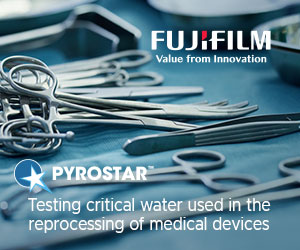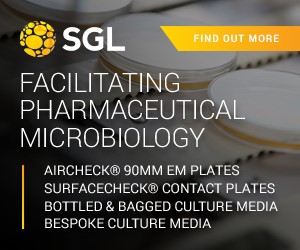BAX® Receives FDA Equivalence for Salmonella Enteritidis in Eggs
| | The U.S. Food and Drug Administration has awarded test method equivalency to the BAX® System from DuPont Nutrition & Health for detecting Salmonella Enteritidis in eggs. Accuracy, precision and sensitivity of two BAX® System PCR assays - Salmonella and Salmonella 2 -- were determined equivalent to the reference culture method published in the FDA's Bacteriological Analytical Manual. Moreover, results for both assays were available just 55 hours after sampling, instead of 7 or more days required by the culture method. |
| S. Enteritidis, a foodborne pathogen most commonly associated with eggs, has been identified as the most frequent cause of Salmonella infection in Europe. In the United States, it's responsible for 79,000 illnesses and 30 deaths each year. FDA regulations introduced in 2010 requires egg producers to implement preventive measures and monitor for S. Enteritidis with frequent testing. 'This FDA equivalence is welcome news for egg producers who prefer the BAX® System's speed, accuracy and ease of use,' said Doris Engesser, global leader, DuPont Nutrition & Health. 'Significantly shorter enrichment with this method means that eggs can be released days faster, reducing inventory and refrigerated storage costs while helping to prevent contaminated products from reaching the food supply.' For more information visit www.qualicon.com |
NOTE: This item is from our 'historic' database and may contain information which is not up to date.
Source : DuPont Nutrition & Health View Company Information
Posted on December 15, 2011






